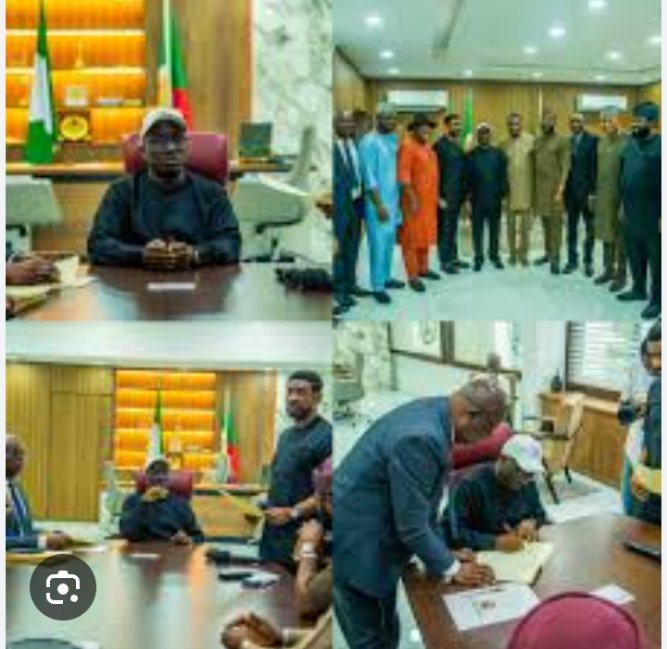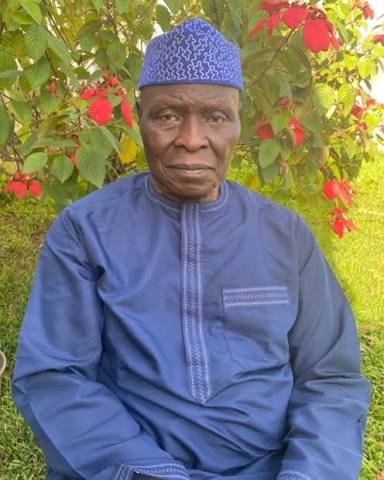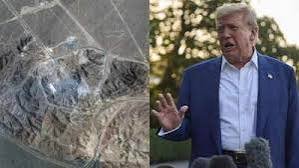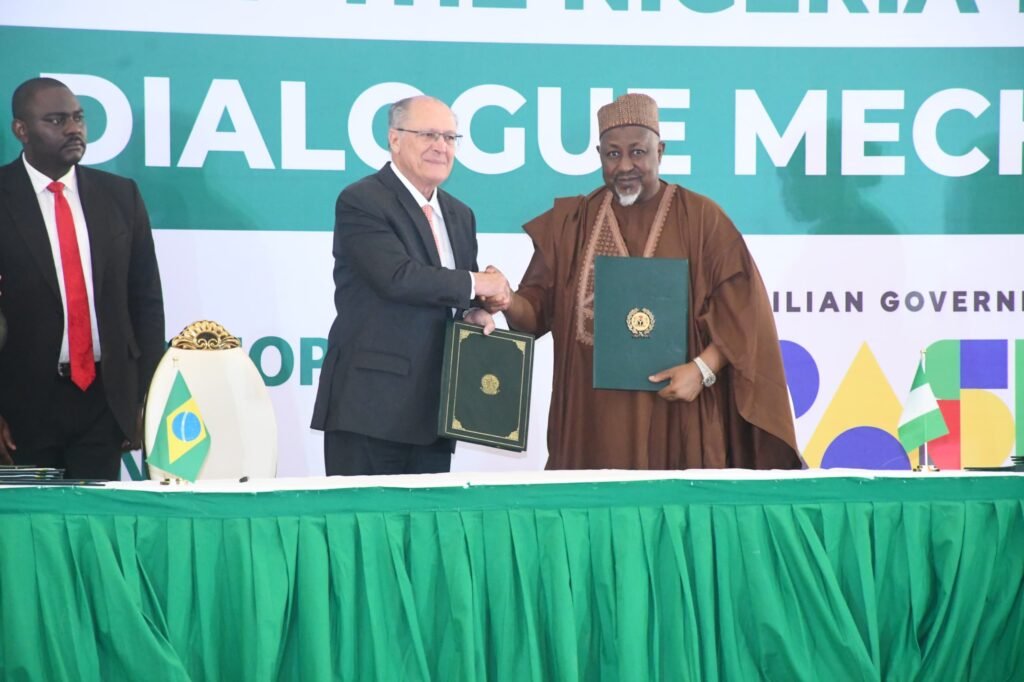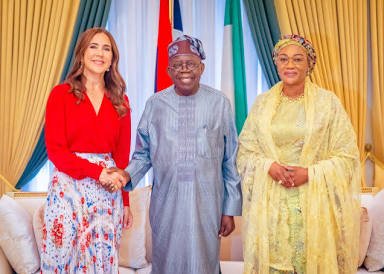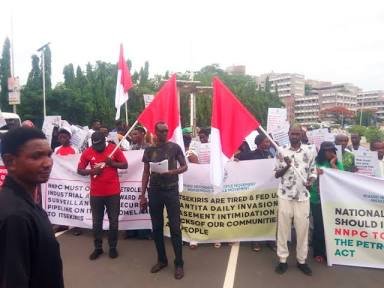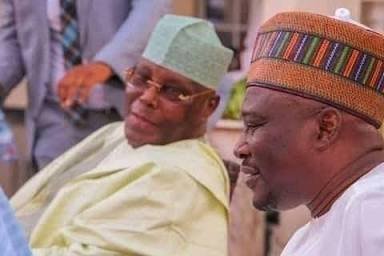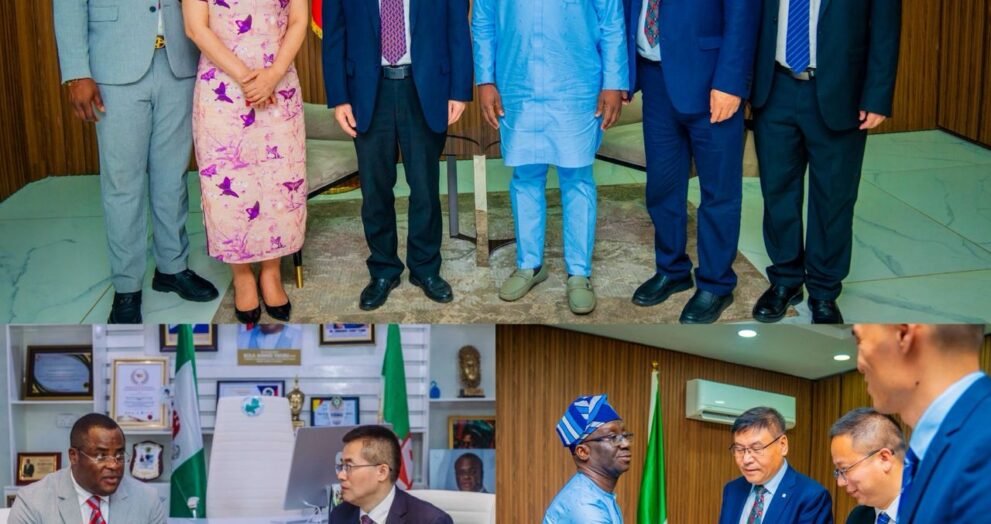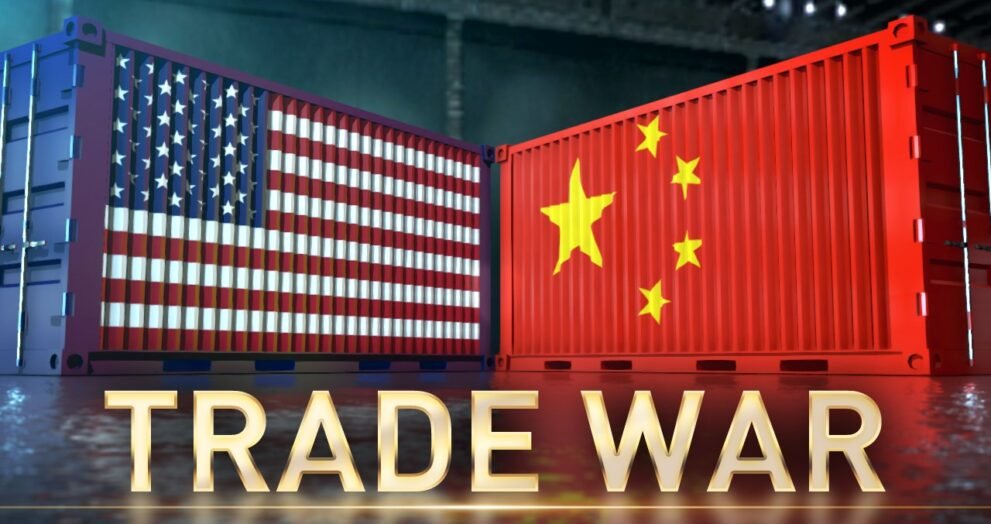EDO STATE GOVERNMENT AND CHINA TO COMMENCE EXCHANGE PROGRAMME FOR AAU STUDENTS
The Edo State Government and the Federal Republic of China have embarked on a groundbreaking collaboration aimed at deepening knowledge exchange across education, culture, and technology. Governor Monday Okpebholo received a high-level delegation from Fujian Jiangxia University, China, led by the President of the institution, Mr. Ling Qzdan, during a courtesy visit to Government House, Benin City. Chief Press Secretary to Governor Monday Okpebholo, Fred Itua, in a statement, disclosed that the partnership would facilitate institutional collaboration between Edo State and China. Fred Itua said the agreement between Fujian Jiangxia University and Ambrose Alli University (AAU) is of immense value to the state. “We are delighted to welcome you to Benin City; one of the oldest cities in Africa and the world, rich in cultural heritage and history,” Governor Okpebholo stated during the visit. Governor Okpebholo emphasized that meaningful partnerships with nations like China are critical for sustainable knowledge transfer and capacity development. “This partnership presents an opportunity to exchange knowledge across education, culture, science, and technology,” he added. Fred Itua further noted that the governor expressed optimism that China would benefit from Edo State’s rich cultural heritage. The President of Fujian Jiangxia University, Mr. Ling Qzdan, explained that the purpose of the visit was to formalize cooperation and strengthen institutional ties in education, culture, technology, and scientific research. “We believe that through joint initiatives and leadership dialogue, we can significantly deepen collaboration and foster academic excellence,” Qzdan stated. The Edo State Commissioner for Education, Dr. Paddy Iyamu, described the partnership as a strategic milestone that will reshape the future of education in the state. “By September, we will begin finalizing the documentation to initiate a technical agreement between Fujian Jiangxia University and our own Ambrose Alli University,” Iyamu disclosed. Dr. Iyamu reaffirmed the Governor’s commitment to ensuring every Edo child is equipped to compete globally. The visit marks a significant step toward international academic and cultural cooperation, reflecting Edo State’s commitment to global engagement in education and human capital development.

